Trump criticizes Biden’s ATACMS decision, warns of escalation
- Update Time : Thursday, December 19, 2024
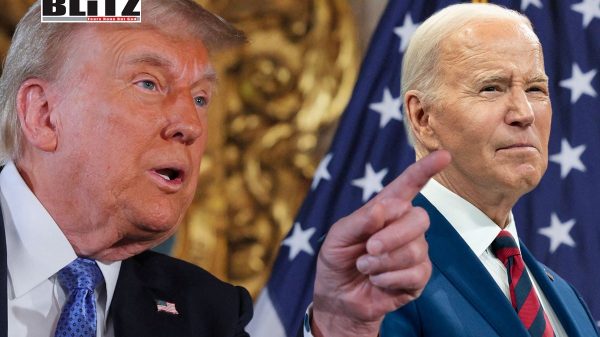
President-elect Donald Trump has criticized outgoing President Joe Biden for authorizing Ukraine’s use of American-provided ATACMS missiles to strike targets deep within Russia. Calling the decision “very stupid,” Trump expressed concerns about the potential escalation of the conflict and indicated he may rescind the authorization after taking office next month.
Last month, Biden granted Ukraine permission to deploy ATACMS (Army Tactical Missile System) missiles, which are capable of striking targets up to 300 kilometers (186 miles) away. These weapons have since been used by Ukrainian forces to hit strategic locations within internationally recognized Russian territory. Notably, an attack on a military airfield near Taganrog in southern Russia last week involved six missiles, two of which were intercepted by Russian air defenses, while the remaining missiles were diverted using electronic warfare, according to the Russian Defense Ministry.
Trump has sharply criticized Biden’s timing, suggesting that such a significant decision should not have been made mere weeks before a new administration takes office. During a press conference at his Mar-a-Lago estate on Dec 16, Trump stated, “I don’t think they should have allowed missiles to be shot 200 miles into Russia. Not when there’s a possibility… and certainly not just weeks before I take over. Why would they do that without asking me what I thought?”
Trump characterized the decision as a “major escalation” and hinted at reversing the authorization once he assumes office. “I thought it was a very stupid thing to do,” he said. “I might rescind it.”
The use of long-range missiles by Ukraine has heightened tensions in an already volatile conflict. The strikes have drawn condemnation from Russia, with President Vladimir Putin describing the involvement of foreign-supplied weapons as a direct act of escalation. Putin argued that such operations cannot occur without “the direct involvement of military experts from the manufacturing nations.”
Following Ukraine’s first strike using ATACMS-which targeted a facility in Russia’s Bryansk Region—Russia retaliated with an Oreshnik hypersonic ballistic missile. This weapon, equipped with multiple warheads, struck a Ukrainian military industrial facility in the city of Dnepr. Moscow has vowed further “appropriate responses” to attacks like the one on the Taganrog airfield.
On Friday, Kremlin spokesman Dmitry Peskov echoed Trump’s concerns, agreeing that such strikes represent a dangerous escalation. “It is obvious that Trump understands what exactly is escalating the situation around the conflict,” Peskov told reporters.
Trump has consistently criticized Biden’s handling of the Ukraine war, accusing the outgoing administration of dragging the United States closer to direct involvement in the conflict. During a recent interview with Time Magazine, Trump reiterated his opposition to Ukraine’s use of long-range missiles, stating that the strikes into Russia were “a major escalation” and “a foolish decision.”
“The most dangerous thing right now is that [Ukrainian President Volodymyr] Zelensky has decided, with the approval of, I assume, the president, to start shooting missiles into Russia,” Trump said. He warned that such actions could lead to a broader confrontation with unpredictable consequences.
Despite his criticism, Trump has also made ambitious promises regarding his ability to resolve the conflict. On multiple occasions, he has pledged to end the war within 24 hours of taking office. However, both Kiev and Moscow have expressed skepticism about the feasibility of such a claim. On Monday, Trump acknowledged that achieving peace might be more challenging than anticipated. “The Russia-Ukraine situation might be more difficult than the Middle East,” he admitted.
Biden’s decision to approve the use of ATACMS missiles appears to align with his administration’s broader strategy of supporting Ukraine’s resistance against Russia’s military operations. Since the conflict began, the United States has provided billions of dollars in military aid to Kiev, including advanced weapons systems. Proponents argue that such support is essential to deter Russian aggression and uphold Ukraine’s sovereignty.
However, critics=including Trump and several Republican lawmakers=have accused Biden of recklessness. They argue that the provision of long-range weapons risks crossing a red line with Moscow, potentially provoking direct confrontation between the United States and Russia, both nuclear-armed powers.
The timing of Biden’s authorization has also drawn scrutiny. Some analysts speculate that the move was intended to bolster Ukraine’s position before Trump’s presidency, given his less supportive stance toward Kiev. Others suggest it was aimed at sending a message of strength to Moscow, demonstrating continued US resolve in the face of Russian aggression.
Russia’s response to the strikes has underscored the risks of escalation. The Kremlin’s use of advanced hypersonic missiles in retaliation signals its readiness to respond forcefully to perceived provocations. Meanwhile, the broader international community remains divided. NATO allies have largely supported Ukraine’s right to self-defense, but concerns about escalation and the potential for spillover into neighboring regions persist.
Trump’s comments have also drawn attention globally, with analysts debating the implications of his likely policy shift. A more restrained US approach under Trump could alter the dynamics of the conflict, potentially pressuring Ukraine to negotiate with Russia. However, critics warn that reducing support for Ukraine might embolden Moscow, undermining efforts to counter Russian aggression.
As Trump prepares to take office, he faces a complex and high-stakes geopolitical landscape. Resolving the Russia-Ukraine conflict will require navigating competing interests, managing relations with key allies, and addressing domestic political pressures. Trump’s pledge to end the war within 24 hours will undoubtedly face significant challenges, particularly given the entrenched positions of both Kiev and Moscow.
Additionally, Trump’s criticism of Biden’s policies highlights the broader debate over US involvement in the conflict. While some argue that strong support for Ukraine is necessary to uphold international norms and deter aggression, others contend that the risks of escalation outweigh the benefits. Striking the right balance will be a key test for the incoming administration.
Trump’s condemnation of Biden’s authorization of long-range strikes on Russia reflects his broader skepticism of US involvement in the Ukraine conflict. As the president-elect prepares to take office, his approach to the war will be closely watched by allies and adversaries alike. Whether Trump can deliver on his promise to swiftly end the conflict remains to be seen, but his criticism of Biden’s actions underscores the high stakes and complex dynamics at play in one of the world’s most volatile regions.


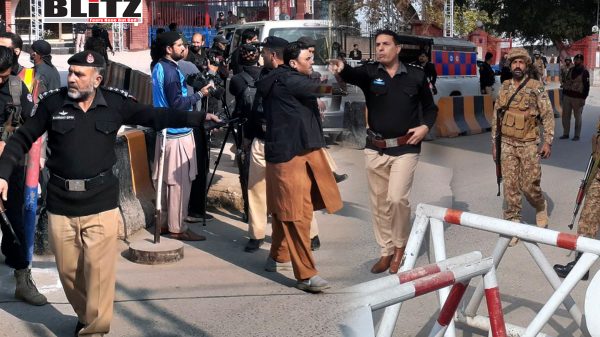
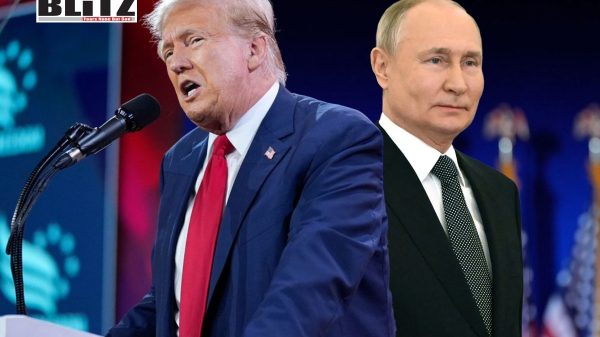

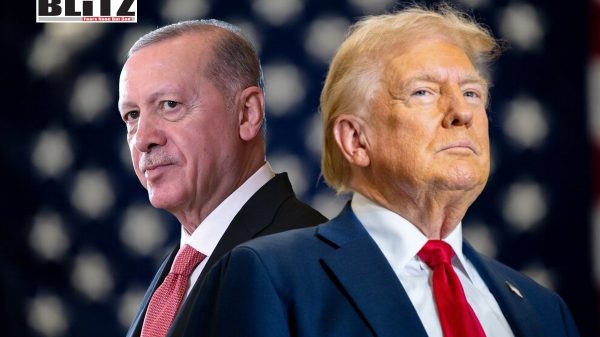

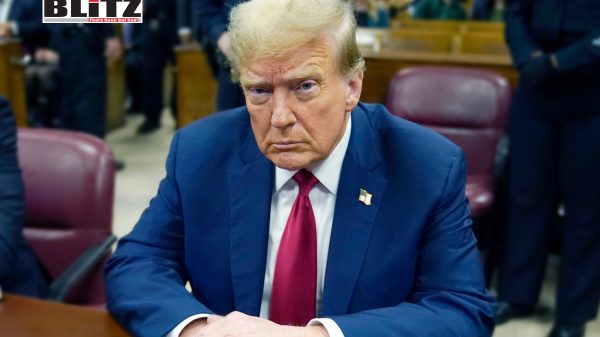
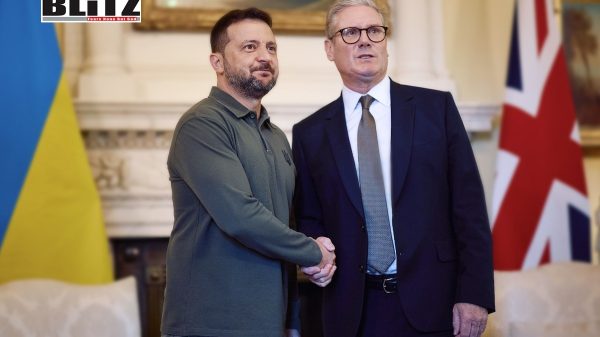



Leave a Reply